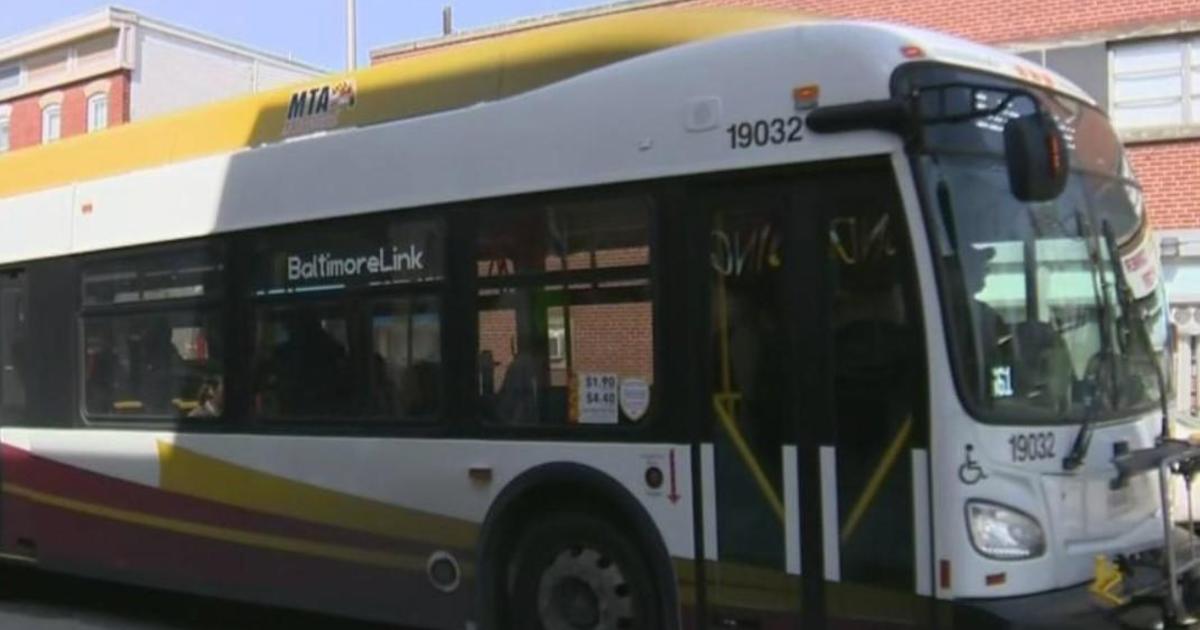What Will It Take For Electric Cars To Make Great Family Cars?
//-->
 //-->
//-->
First, a disclaimer – I’m no scientist, not particularly good at math, and claim no expertise in dissecting voluminous data on the pros and cons of electric vehicles. But I am a writer who’s also a wife, mother of four, and live in a state and area (California/Los Angeles) where you have to have a car to get pretty much anywhere you want/need to go.
That said, I have followed the burgeoning debate in the blogs (particularly in GreenCarReports and TheCarConnection, but also elsewhere in the blogosphere and media) with great interest. Here, then, are my own conclusions about what it will take for electric cars to go mainstream as family cars.
Combating range anxiety will require EVs to achieve 150-200 miles on a charge. We’re talking about pure EVs here, so the anxiety that many Americans feel about having a car – such as the 2011 Nissan Leaf, which is 100 percent electric – that can only go a maximum of 100 miles without a charge is real enough to pose an impediment to purchasing such a car as a family vehicle. While the Leaf makes a great commuter car or in-town vehicle, a family would need to have another car (or rent one) to go on long trips. In my own case, since two of the four offspring live at opposite ends of the state, that means a car that can make it 300 and 150 miles (north and south). This also includes family trips to Mammoth or Las Vegas. Right now, the only pure electric vehicle is the Nissan Leaf, which doesn’t count as a transporter of the average-size American family in my book. We’ll need to have larger vehicles typically considered family cars – such as the 2012 Buick LaCrosse with eAssist – but that are all-electric and can go about 150-200 miles on a single charge. Why did I choose 150 to 200 and not 300 miles? Improvements come in increments, so I selected a range that, as a consumer, I believe is achievable in the somewhat near-term. I also thought that what would motivate my family to buy an electric vehicle might also persuade other families.

Charging infrastructure needs to rapidly deploy. One way to ease consumers’ concerns over running out of “juice” is to have a public quick-charging level III infrastructure (80 percent charge in less than 30 minutes) strategically located. Right now, that’s woefully absent. That will change, of course, but we’re talking about what it will take to get electric cars mainstream. As a consumer, I want to know that if my family ventures out on the highway for a trip of any length, there’ll be a place where we can recharge an EV quickly and conveniently and then be on our way. As for charging at home, we’d opt for the quicker 240-volt set-up, such as the Coulomb ChargePoint Level II – even if we have to pay extra for it. We would, however, first investigate any state or other incentives to help pay for it.
Emissions at the source need to be reduced. After being convinced of the benefits of a zero-emission vehicle, it doesn’t make sense to ignore the pollutants emitted at the source – the electric utilities, many of which are coal-fired. In California and Washington, electricity is also produced using hydro, wind, solar and natural gas – less-polluting energy sources.

Vehicle size needs to be able to accommodate families. The first point about range anxiety touched on this concern, and it is a valid one. To go mainstream, EVs need to be able to accommodate the average-size American family. In my book, that’s at least two adults and two children – even if they’re fully-grown. When automakers build EVs in the sizes that Americans traditionally buy to serve the family – mid-size and large sedans, mid-size crossovers, minivans, and so on – if the other concerns are met, that’s when electric cars will really take off in this country.

EV pricing needs to come down. Ford had a better idea, pricing the 2011 Lincoln MKZ Hybrid the same as the non-hybrid MKZ. In fact, company executives were surprised at the consumer acceptance of the MKZ Hybrid – which far exceeded their projections. It all goes to show that Americans want fuel-efficient hybrids – and will buy them if the price (and other considerations are right). EVs need to go the same route if they’re to gain widespread consumer acceptance. Federal and state incentives help, but electric cars are still expensive – maybe too expensive for a great number of American families.
Americans (including politicians) have to stop yin-yanging about oil. We’re really schizophrenic in this country, worrying about the cost of oil and rushing to buy more fuel-efficient cars when gasoline gets to the $4 per gallon price and then ditching those wheels in favor of bigger and more fuel-thirsty vehicles as soon as prices go down. We’re either serious about getting independent of foreign oil – including choosing EVs in much larger numbers – or we’re not. This doesn’t begin to touch the political aspects of our nation’s energy policy, and it’s certainly not meant to. All I know as a consumer is that I’m tired of the back-and-forth. Make a decision and go for it. Who’d pay more for an EV that doesn’t meet their needs if a gasoline-powered vehicle will do the job?
Battery replacement costs need to come down. EVs run on batteries, which eventually need replacement. Eight years or 100,000 miles is great for a battery warranty, but the batteries when they do need to be replaced are expensive. I’d expect advancements in battery technology to make them more efficient and to bring the cost down to come about in the next few years – hopefully long before consumers with batteries that need replacing have to go in to have that work done, though it's uncertain if the eight-year warranty is becoming a major issue in the marketplace (many Prius owners, for example, report no loss of performance even past the eight-year mark).
Are there other concerns? I’m sure there are, but I wanted to point out what the discussions have been around my own family dinner table about electric cars and how soon they’ll be widely adopted in this country. Oh, and our own thoughts on the matter? We’re seriously looking into whether a plug-in hybrid (PHV) makes sense for us now as a second vehicle. PHVs take the worry out about range anxiety, aren’t the ideal (EVs would be), but help get us to being energy-independent (and a cleaner environment) in the meantime.
FamilyCarGuide would like to know what you think about what it will take for EVs to go mainstream as family cars. Let us know in the comments section below.
This story originally appeared at Family Car Guide



